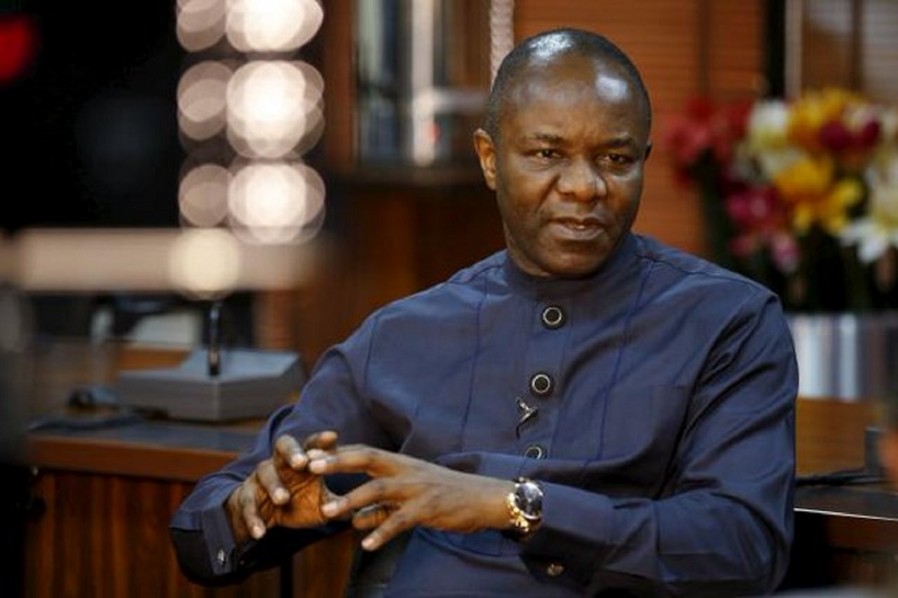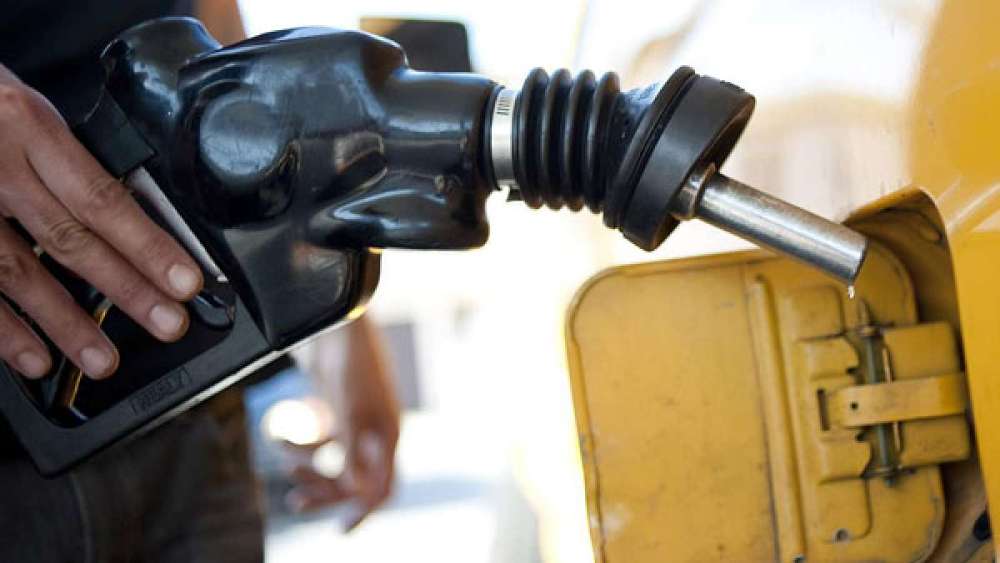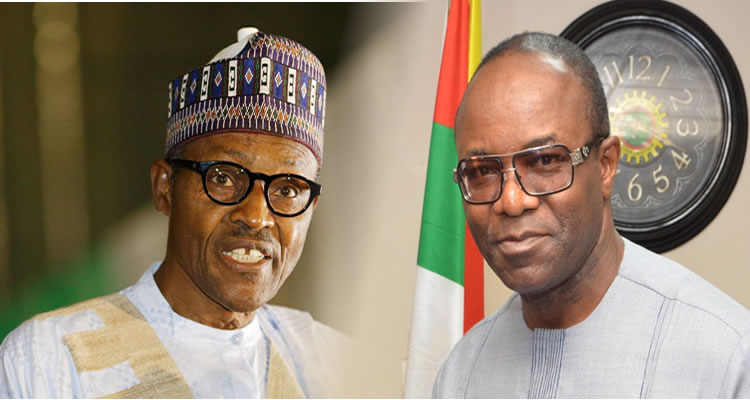The Minister of Labour and Employment, Sen. Chris Ngige has appealed to members the Petroleum and Natural Gas Senior Staff Association of Nigeria ( P E N G A S S A N ) to shelve its planned strike scheduled to begin on Monday, December 18 in the spirit of the conciliation brokered between it and Neconde Energy Services Ltd.
The union is asking the government to compel the company to recalled all sacked workers within seven days and stick to the nation’s Labour laws, adding that failure to do that, the union will have no other option than to call out its members on a nation wide indefinite strike action with effect from Monday, December 18, 2017.
The union is Neconde Energy Ltd (of Nestoil Group of companies) of entrenching unfriendly Labour practices in contravention of the nation’s Labour laws and failing to remit taxes and pensions deducted from workers to government, while boasting that no government official can call it to order, adding that workers who decided to join unions are treated as slaves in their own country and dismissed from work”
However, Deputy Director, Press in the Federal Ministry of Labour and Employment, Samuel Olowookere said in a statement made available to newsmen in Abuja on Sunday that with the conciliatory meeting brokered by Minister of Labour and Employment, the impending action by PENGASSAN has effectively been arrested in line with the provisions of the relevant labour laws.
The statement said “We recall that the Honourable Minister of Labour and Employment, Sen. Chris Ngige had on Wednesday, December 13 and Thursday, December 14, 2017 brokered long hours of conciliation between PENGASSAN and Neconde Energy Services Ltd and secured an agreement.
“By that agreement, Neconde shall invite the sacked branch chairman of PENGASSAN and hold heart to heart discussion with him while PENGASSAN is to hold back proposed action pending the reconvening of the meeting in the second week of January 2018 when other contending issues relating to other oil companies would be also be sorted out.
“We therefore wish to appeal to the Central Working Committee of PENGASSAN to reconsider its decision, respect the agreement and call off the scheduled action in the overall interest of the nation, more so when adequate notice of strike was not given. This appeal has become imperative in order to save Nigerians from further hardship in this season of Christmas and the New year”.


